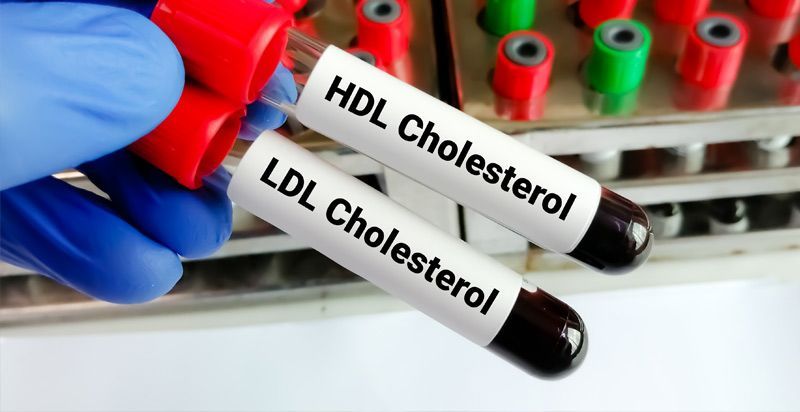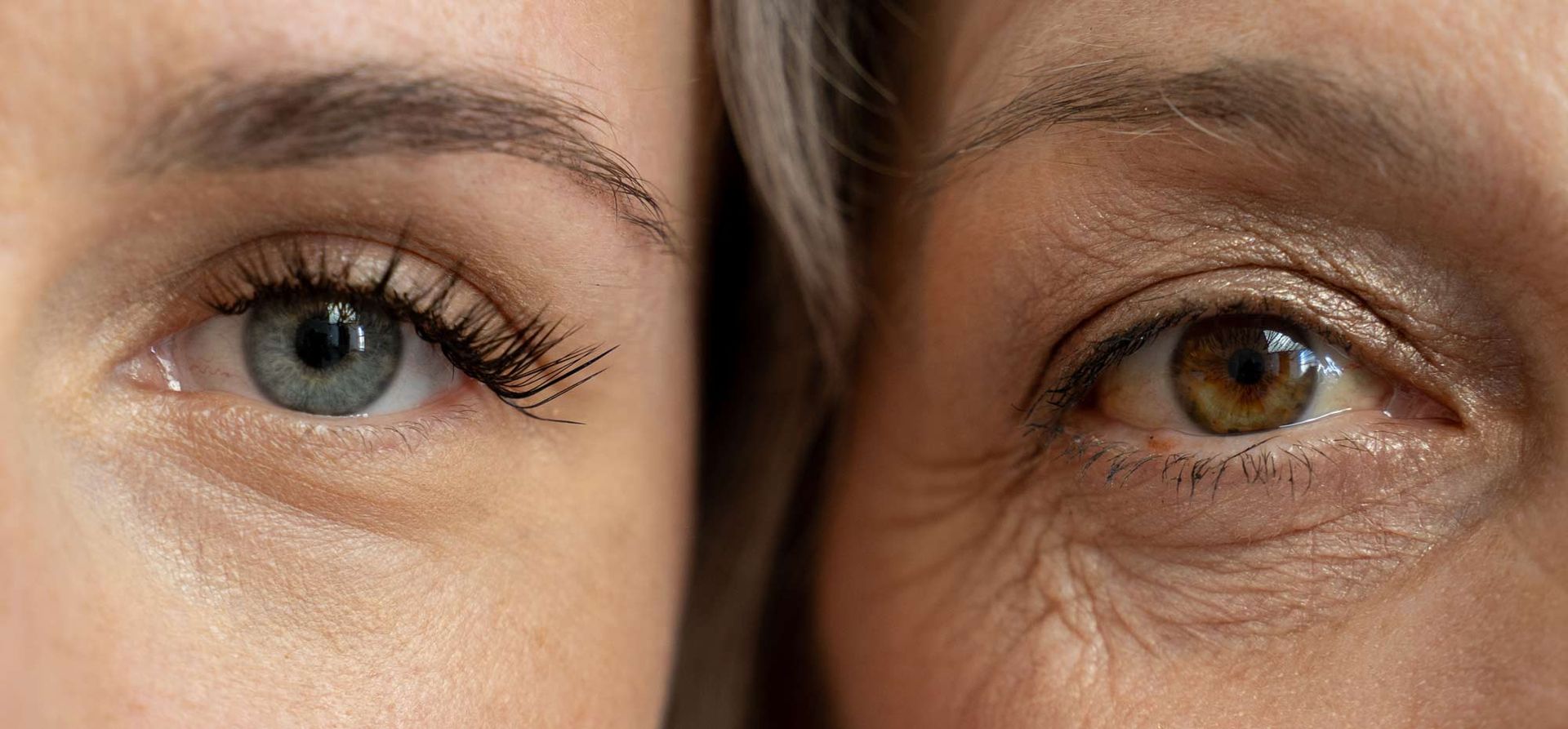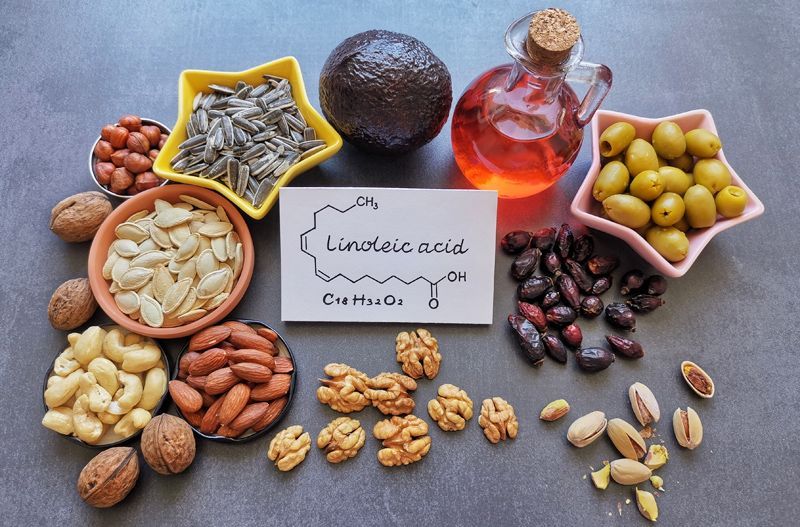What You Should Know About Cholesterol
Most people, including health care practitioners, do not understand the whole story when it comes to cholesterol. Cholesterol has been vilified for decades. Most people have a similar reaction when they hear the word and equate it with being bad. Read on, because there is much more to this story that I am happy to share.

Most people, including health care practitioners, do not understand the whole story when it comes to cholesterol. Cholesterol has been vilified for decades. Most people have a similar reaction when they hear the word and equate it with being bad. There is much more to this story that I am happy to share.
Cholesterol is a type of lipid that is vital to our bodies. It is the building block for cell membranes, steroid hormones, bile salts, conversion of vitamin D, immune system support, nervous system support for myelin and the synapse, serotonin receptors, repairing damage to blood cell walls, endothelial support, and even binds to microorganisms and toxins.
Your body makes about 3,000 mg of cholesterol per day. Approximately 2000 mg is synthesized in the liver, and 1000 mg is synthesized in the rest of the body, including the brain, adrenal glands, and the sex organs. There is a compensation mechanism in the body if you have a healthy liver. When you ingest cholesterol, and it is absorbed, then your liver produces less, and if you consume less cholesterol, then with a healthy liver, it will produce more.
Cholesterol is transported by lipoproteins. Lipoproteins are ULDL (ultra low-density lipoproteins), VLDL (very low-density lipoproteins), ILDL (intermediate low-density lipoproteins), LDL (low-density lipoproteins), and HDL (high-density lipoproteins).
The majority of blood work analyzing cholesterol includes HDL, LDL, VLDL, total cholesterol, triglycerides, and cholesterol/HDL ratio. When a person's LDL value goes above 200, this is considered high cholesterol and potentially a problem. This is not entirely accurate. If cholesterol is increasing, a practitioner should try to determine why. The liver, thyroid, pancreas, and gut should all be taken into consideration, as well as foods that can be contributing to the increase.
LDL can be broken down even further into (lbLDL) large buoyant ldl, and (sdLDL) small density ldl. The most up-to-date research indicates that the latter, sdLDL, is most closely associated with a risk of heart disease. This is because it infiltrates the arteries, and since it's a small size, it makes it easier for it to get through the membrane. This is opposed to the large buoyant LDL, which is larger and can't infiltrate in the same way. The (sdLDL) small buoyant LDL is related to a high carbohydrate and sugar diet.
The small buoyant LDL contains oxidized cholesterol, and this type of cholesterol sticks to the arterial wall and is closely related to arteriosclerosis. Oxidized cholesterol is produced from fried foods. If you fry an egg, you are increasing the oxidized cholesterol. The healthiest way to prepare an egg is poaching. This limits the amount of oxidized cholesterol.
This following statement might be surprising, but chicken has significantly more oxidized cholesterol than beef. Many doctors tell their patients to cut down on red meat and eat chicken. This may not be the best advice as the LDL numbers may reduce, but the percentage of oxidized cholesterol may increase.
Lipoprotein A is another variant of the LDL that should be assessed, as it is a risk factor for heart disease. This is a highly genetic factor and should not be more than 25 percent of the total LDL blood value. It is associated with the formation of clots. The main purpose of lipoprotein A is to protect arteries if there is a deficiency in the body, like vitamin C, but at high levels, lipoprotein A is problematic.
HDL should also be considered, in addition to LDL. Most see this as good cholesterol, and higher numbers can be associated with a decreased risk of arteriosclerosis. HDL is separated into HDL2 and HDL3. HDL 2 is associated with a decreased risk of coronary heart disease. HDL3 is associated with inflammation. Low levels of HDL are associated with brain and nervous system impairment.
To properly assess cardiac and arteriosclerosis risk, it is important to include these values in your blood work: Triglycerides, LDL total, Lipoprotein A, small buoyant LDL, Large buoyant LDL, Total HDL, HDL2, HDL3, HDL/total cholesterol ratio, CRP (an important inflammatory marker), ferritin (high iron has deleterious effects on the heart), fasting blood sugar level and fasting insulin level.
Ideally, triglyceride levels should be between 60 and 100. The medical normal range goes up to 150. Triglycerides are the fat in the blood, and I think that 150 is too high. The HDL/total cholesterol ratio should be between 24 to 34 percent. The LDL number depends on the SbLDL, LbLDL, and lipoprotein A.
There are many natural herbs and vitamins that have been widely researched to have beneficial effects on LDL, lipoprotein A, and HDL. These include, but are not limited to, berberine, bergamot, Schisandra, tulsi, niacin, vitamin C, turmeric, COQ10, guggul, codonopsis extract, DHA/EPA, etc.
Foods that can have a beneficial impact on cholesterol levels are flaxseeds, avocado, kiwi, cloves, cinnamon, buckwheat, berries, the Mediterranean diet, nuts, and seeds.
Stop eating white rice potatoes (red, white, and blue varieties), sugar, fried and processed foods, baked goods, fried eggs, and polyunsaturated fatty acid oils to lower cholesterol and triglycerides.
If you have any questions or would like support for balancing cholesterol, supporting your circulatory system, and your overall health, please feel free to reach out to me.








